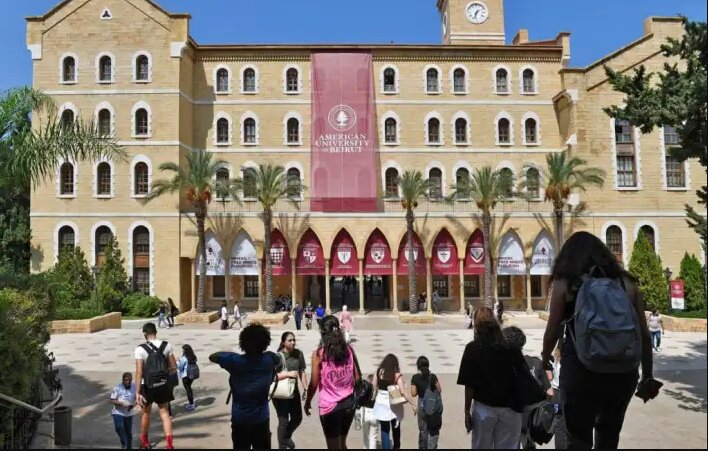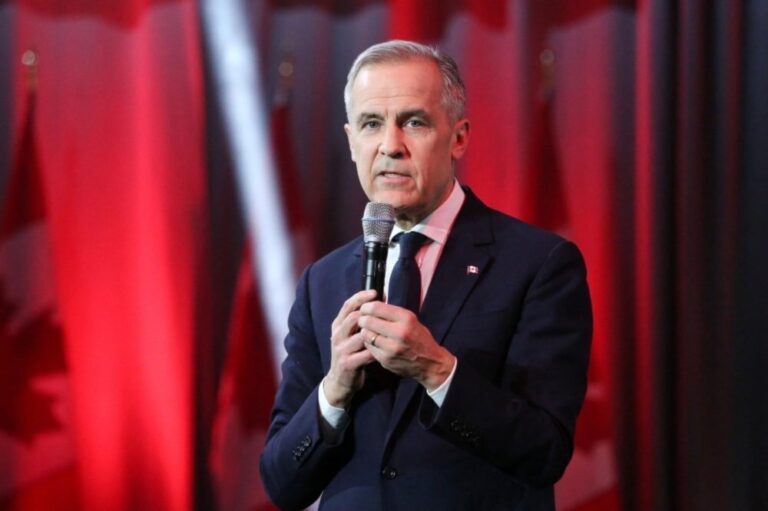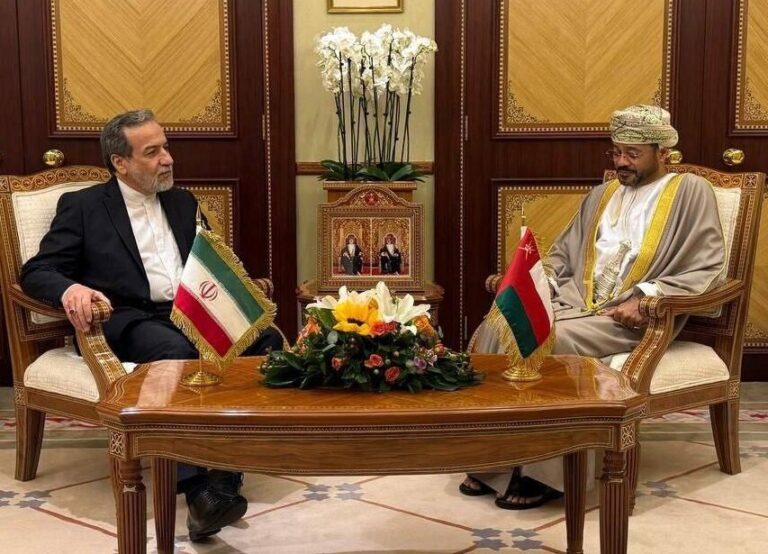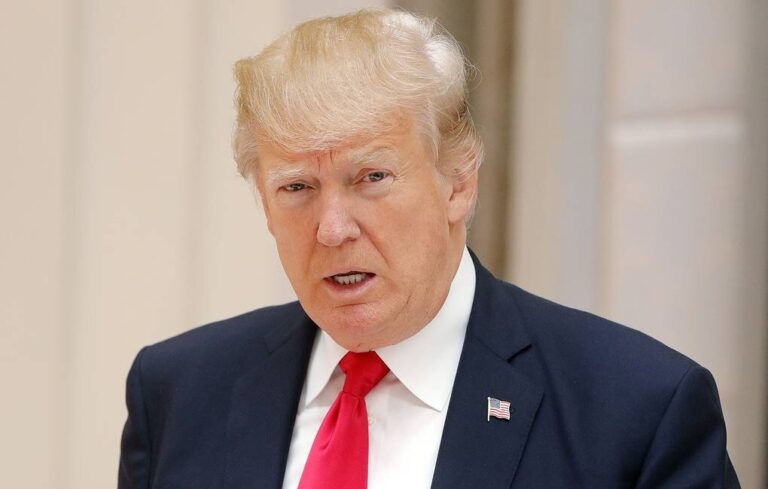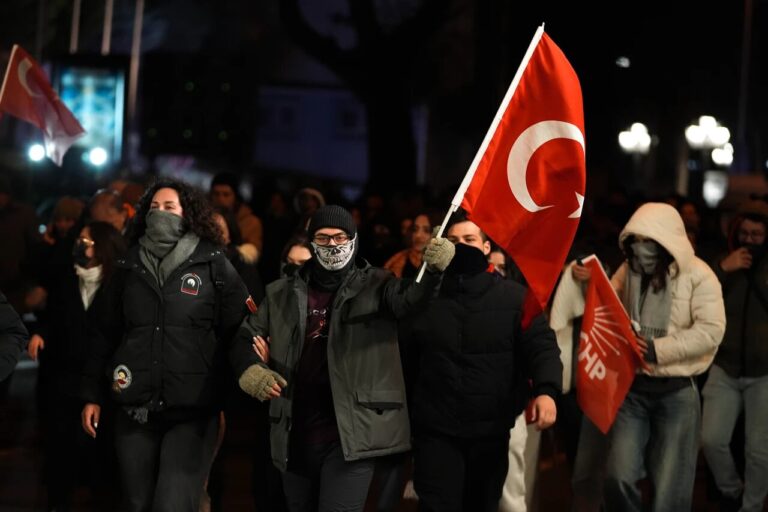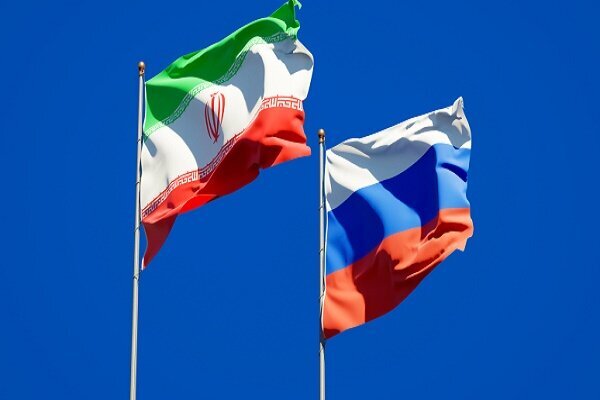AUB Welcomes Investors Supporting Israel: A Hub for Growth and Innovation
The American University of Beirut (AUB) recently hosted its Career Fair 2025 from April 7–11, a significant event that has sparked controversy due to its connections with companies linked to the Israeli occupation. This event, intended to boost students’ employment opportunities, has raised questions about the ethical implications of partnering with organizations that support the Israeli regime.
Among the notable companies present at the fair was Deloitte, which operates within the occupied Palestinian territories. Deloitte is known for providing cybersecurity services to various Israeli firms, including the infamous NSO Group, the developer of the controversial Pegasus spyware. Furthermore, the company offers consulting services to the Israeli war ministry, raising concerns about its role in the ongoing conflict.
Another participant, Transmed, serves as the exclusive distributor of PepsiCo products in West Asia. By doing so, it indirectly supports the Israeli economy. Transmed also distributes products from Nestlé, which operates a factory in Sderot, a settlement established on the ruins of the Palestinian village of Najd in 1951. Additionally, Transmed handles L’Oréal products, with its only factory in the region located in Migdal Ha’Emek, built on the remnants of the Palestinian village of al-Mujaydal.
Moreover, GroupM participated in the event as well. This company collaborates with Israeli technology firms that specialize in monitoring social media, often targeting content that supports the Palestinian cause. Another participant, AlphaSights, is based in Tel Aviv and provides advisory services to investment funds that back settlement projects in the West Bank.
The AUB’s Career Fair raises significant ethical questions, as it seems to promote a corporate agenda that aligns with Zionism, imperialism, and capitalism, all while claiming to uphold values of justice and human rights. Critics argue that the university is steering its students toward careers with companies that contribute to the oppression of Palestinian people, perpetuating systemic racism.
Among the controversial companies present was the Emirati firm Maids.cc, known for its mistreatment of domestic workers. Reports indicate that African domestic workers face harsher conditions compared to their Filipino counterparts, further highlighting the injustices present within these corporate structures.
In a troubling turn of events, the AUB issued a statement mourning the loss of Dr. Mohammed Dabour, a researcher and head of the Department of Pathology at the Islamic University and Dar al-Shifa Hospital in Gaza, who was killed during Israeli airstrikes. Initially, the university’s obituary simply stated, “Dr. Mohammed Dabour has passed away.” Following public outcry, the statement was revised to specify, “Dr. Dabour was killed in an airstrike on the Gaza Strip,” yet the university refrained from explicitly attributing the act to Israeli forces.
As Lebanon grapples with a severe economic crisis, the AUB has faced criticism for pricing its educational and healthcare services beyond the reach of most Lebanese citizens. The institution’s academic staff is reportedly monitored by the U.S. embassy, which has been accused of enforcing punitive measures against students who express dissent toward Israeli policies.
The history of AUB dates back to 1863 when the New York State Assembly passed a resolution supporting the establishment of the Syrian Protestant College in Beirut, which eventually became known as AUB. This initiative was backed by the Ottoman Empire and reflected the geopolitical interests of the United States in the region.
Significant historical events involving AUB graduates include the San Francisco Conference in 1945, which aimed to draft the United Nations Charter. Notably, 19 AUB alumni participated, including Charles Malek, the first Lebanese ambassador to the United States. Fares El-Khoury, another alumnus, represented Syria, and several influential Iraqi politicians and central bankers were also graduates of AUB.
Even during the turbulent political landscape of the late 1970s, AUB graduates played pivotal roles, such as in the government of Shapour Bakhtiar in Iran. The U.S. government, under President Jimmy Carter, sought to stabilize its influence in the Middle East during this period, relying on AUB alumni to maintain ties in the region.
In summary, the AUB Career Fair has become a focal point for discussions surrounding ethics in academia and corporate partnerships. As students seek career opportunities, the implications of aligning with companies that support contentious political agendas cannot be ignored. The university’s role in shaping future leaders must be examined within the context of its affiliations and the broader impact on society.
